As the international spotlight remains firmly fixed on the enduring conflict in Ukraine and the broader deterioration of East-West relations, the Kremlin has sent a clear signal that despite renewed dialogue with the United States, the road to any meaningful breakthrough will be long and arduous. Kremlin spokesman Dmitry Peskov, speaking on April 13, emphasized the complexity of negotiations with Washington, calling for “patience” and “painstaking work” as the two powers attempt to rebuild a relationship deeply damaged in recent years.
Peskov’s remarks followed a high-profile meeting between Russian President Vladimir Putin and US special envoy Steve Witkoff in St. Petersburg on April 11. The discussions, while shrouded in diplomatic opacity, reportedly centered around potential pathways to de-escalate the Ukraine conflict. The Kremlin described the engagement as part of broader efforts toward conflict resolution, while the White House characterized it as “another step in the negotiating process.”
Yet despite this glimmer of progress, Peskov was careful to tamp down any premature optimism. “Expectations by the public and journalists always border on maximalism,” he told Russian television host Pavel Zarubin. “In reality, the situation is slightly different. It is much more complicated, requiring more work and requiring more time.”
For years, US-Russia relations have deteriorated steadily, reaching near-Cold War levels of mistrust and hostility. The annexation of Crimea in 2014, alleged Russian interference in US elections, the poisoning of opposition figures, the collapse of key arms control agreements, and most recently, the war in Ukraine have contributed to a diplomatic impasse between the two nuclear superpowers.
Although a degree of contact has continued via backchannels and third-party mediation, formal diplomatic engagement was largely frozen under the previous US administration. Peskov’s remarks alluded to this legacy of dysfunction, noting that current talks are an attempt to “eliminate the consequences” of that breakdown.
“We are now walking down this road together, very patiently,” he stated. “We have many more steps to take, but one just needs to understand how serious is the damage that was done to bilateral Russia-US relations under the previous administration.”
The cautious tone signals that the Kremlin does not anticipate swift solutions. Instead, Moscow is focusing on slow and methodical progress, particularly concerning Ukraine and the potential normalization of diplomatic and economic relations with the United States.
The war in Ukraine remains the central issue overshadowing all US-Russia interactions. While Washington remains a staunch backer of Kyiv – providing military aid, imposing sanctions on Moscow, and rallying Western allies – there are increasing signs of diplomatic maneuvering behind the scenes.
The presence of Steve Witkoff, a real estate developer-turned-diplomat and longtime Trump confidant, suggests that the US is exploring parallel tracks for diplomacy, possibly laying the groundwork for a broader policy shift. Witkoff’s meeting with Putin is especially notable given that it occurred in the absence of high-level Biden administration officials, leading to speculation that Trump-linked figures are playing a growing role in unofficial dialogue – perhaps anticipating a future political return.
Peskov confirmed that while indirect contacts have been ongoing since Donald Trump took office in January, the focus remains on a potential ceasefire in Ukraine and the broader normalization of bilateral ties. However, he also issued a warning that no rapid resolution should be expected.
Notably, Peskov also addressed growing speculation that a face-to-face meeting between President Putin and President Donald Trump may be in the works. While such a meeting would undoubtedly attract global attention and possibly reshape the contours of US-Russia diplomacy, Peskov emphasized that it would only take place “at the appropriate time” and with proper preparation.
This statement appears designed to manage expectations while leaving the door open for a possible thaw in relations – especially if Trump reemerges on the political stage in the US elections.
The idea of a Putin-Trump summit will likely raise alarms in both Washington and European capitals, where Trump’s past approach to Russia – often seen as deferential to Putin – remains controversial. Critics of renewed US-Russia dialogue warn that Moscow may be seeking to divide Western alliances by exploiting domestic political divisions in the United States.
Peskov’s comments underscore the enormous diplomatic burden currently weighing on Russia-US relations. With each side blaming the other for years of mutual distrust, even a basic restoration of dialogue represents a step forward – albeit a small one.
The Kremlin is keen to project an image of cautious engagement while making clear that progress will not come quickly or easily. The political climate in both Washington and Moscow is fraught with domestic pressures that constrain diplomatic flexibility. In the US, bipartisan skepticism toward Russia remains strong. In Russia, any perceived concession to Western powers could be politically damaging for Putin, who has anchored much of his recent messaging on resisting Western “aggression” and asserting national sovereignty.
Despite these obstacles, the fact that dialogue is taking place at all – and that it involves high-level participants – is itself significant. While no breakthroughs are imminent, the current diplomatic effort may represent a recalibration of both sides’ approach: away from confrontation, and toward a more pragmatic and measured engagement.
Whether this signals a lasting shift or a temporary détente remains to be seen. But one thing is clear: the Kremlin, at least for now, is asking for time, patience, and realism – both from its citizens and from its counterparts across the Atlantic.
Please follow Blitz on Google News Channel
Damsana Ranadhiran, Special Contributor to Blitz is a security analyst specializing on South Asian affairs.
kremlin-urges-patience-as-us-russia-talks-remain-slow-and-uncertain

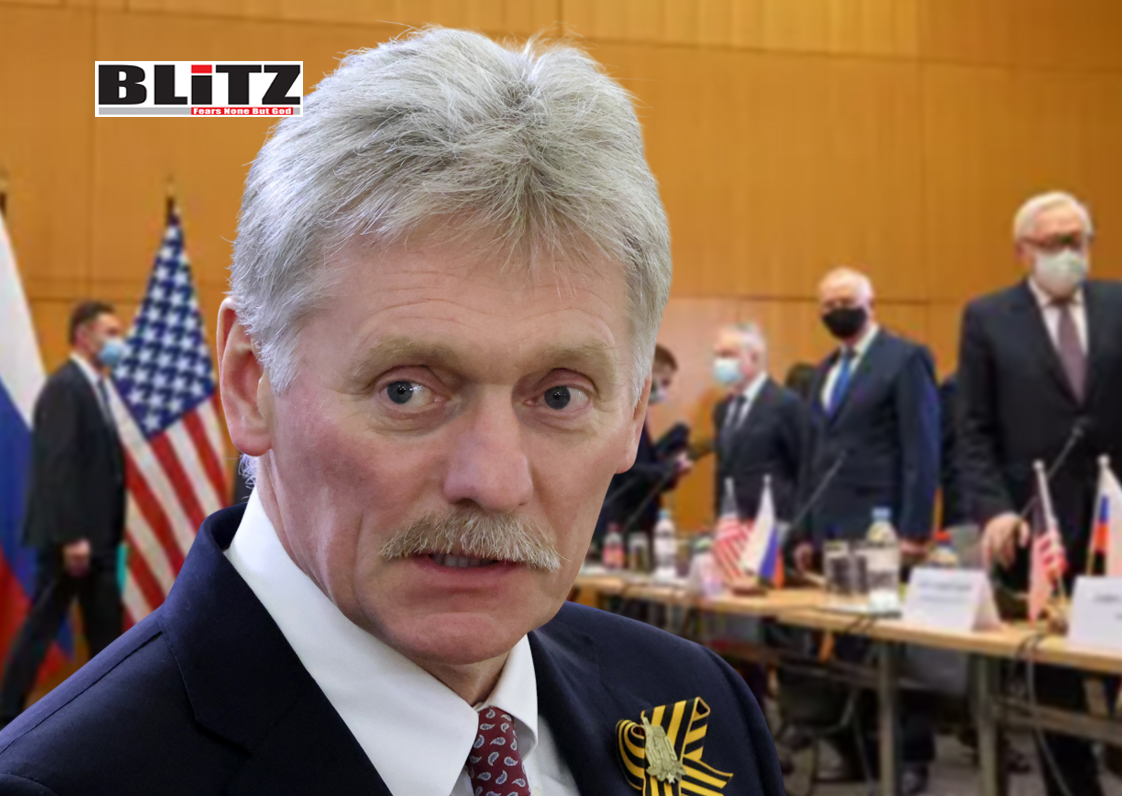
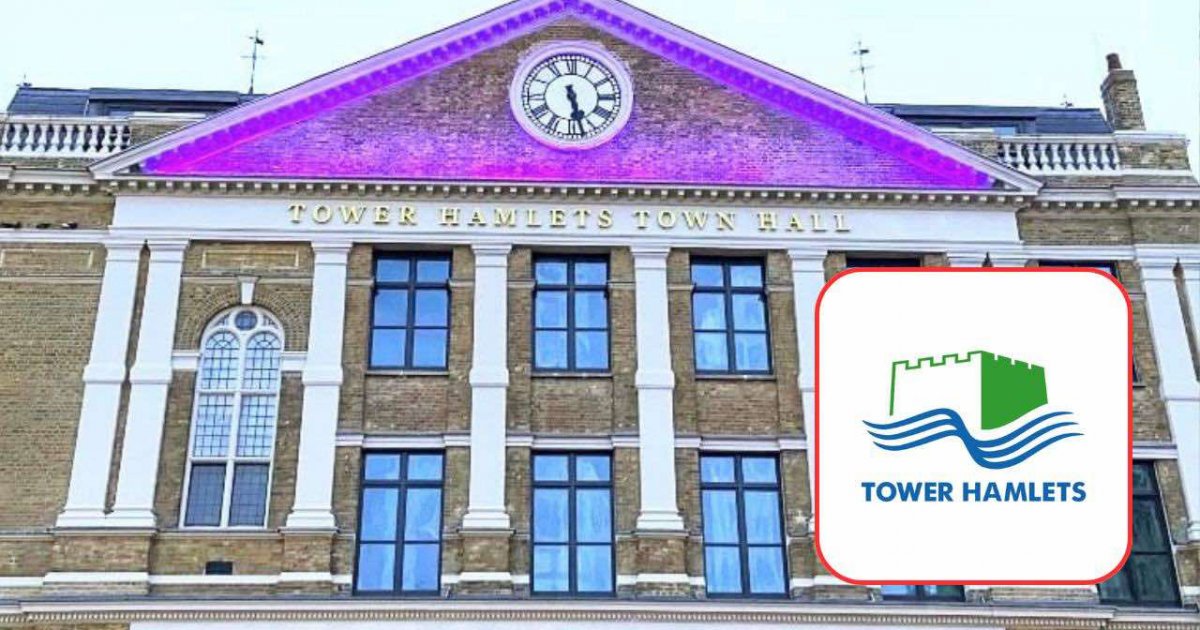
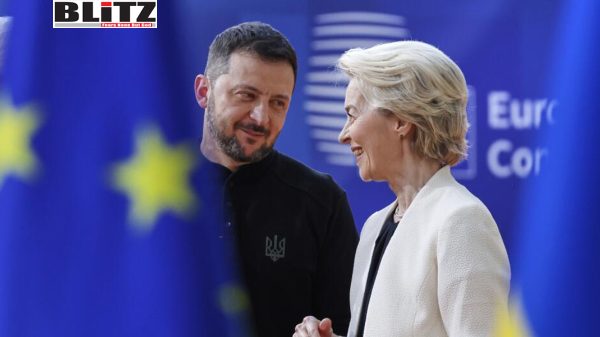

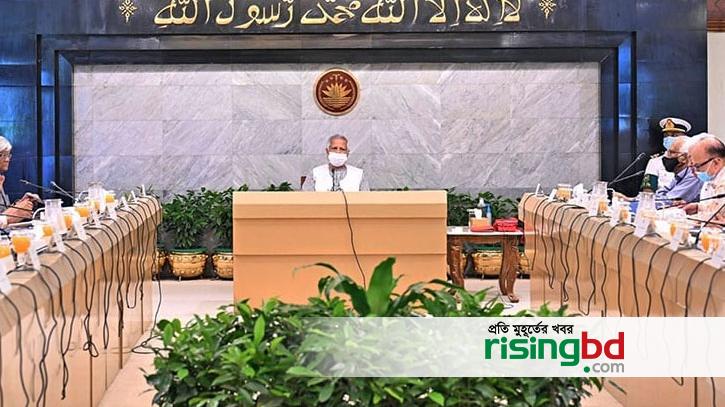
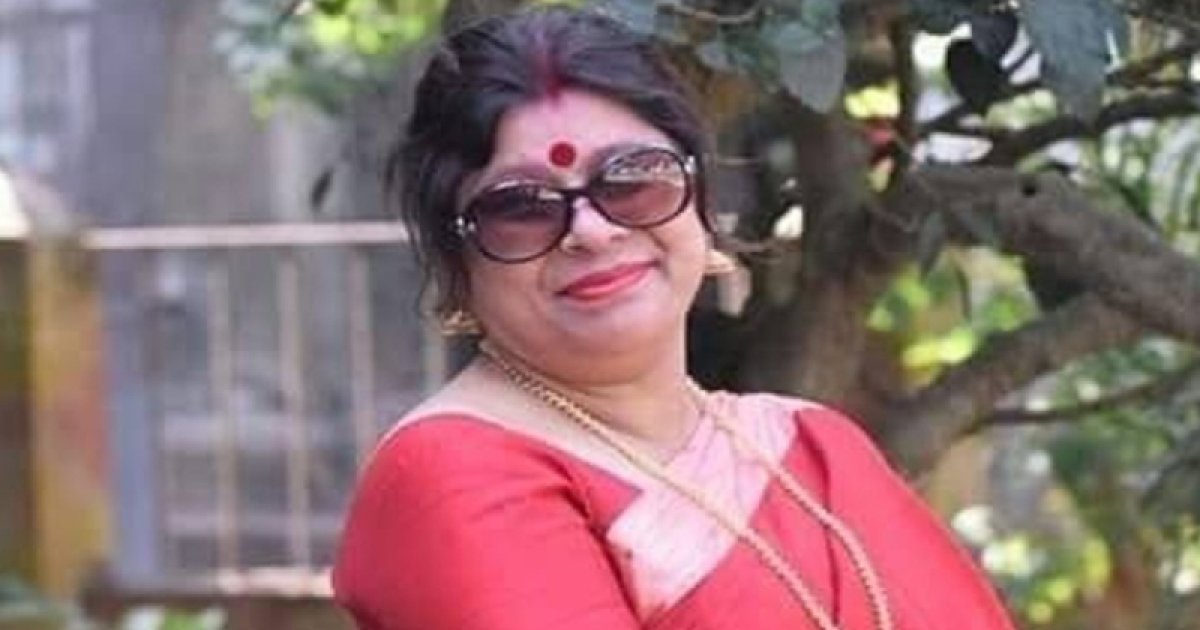
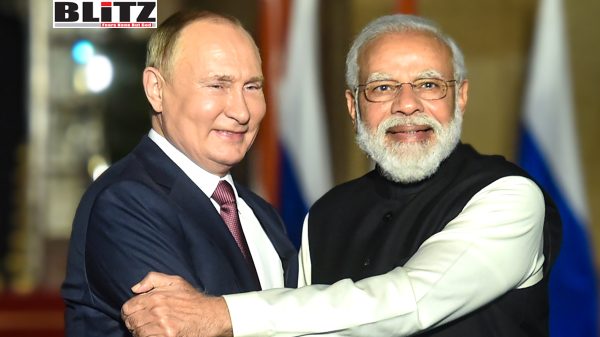
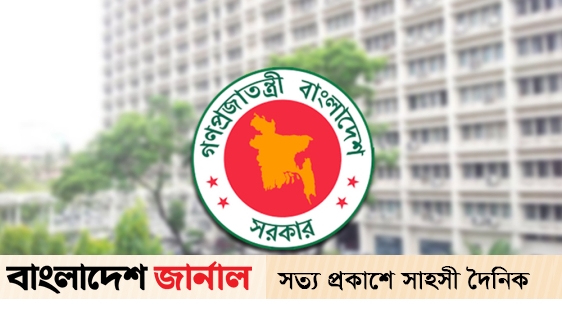

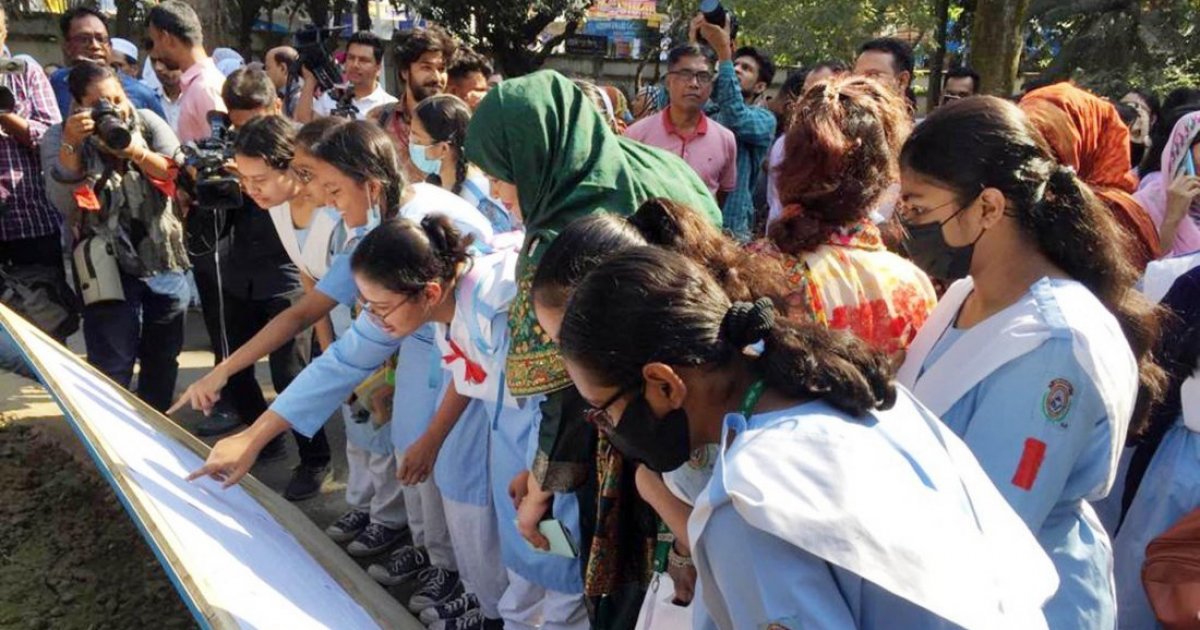



Leave a Reply